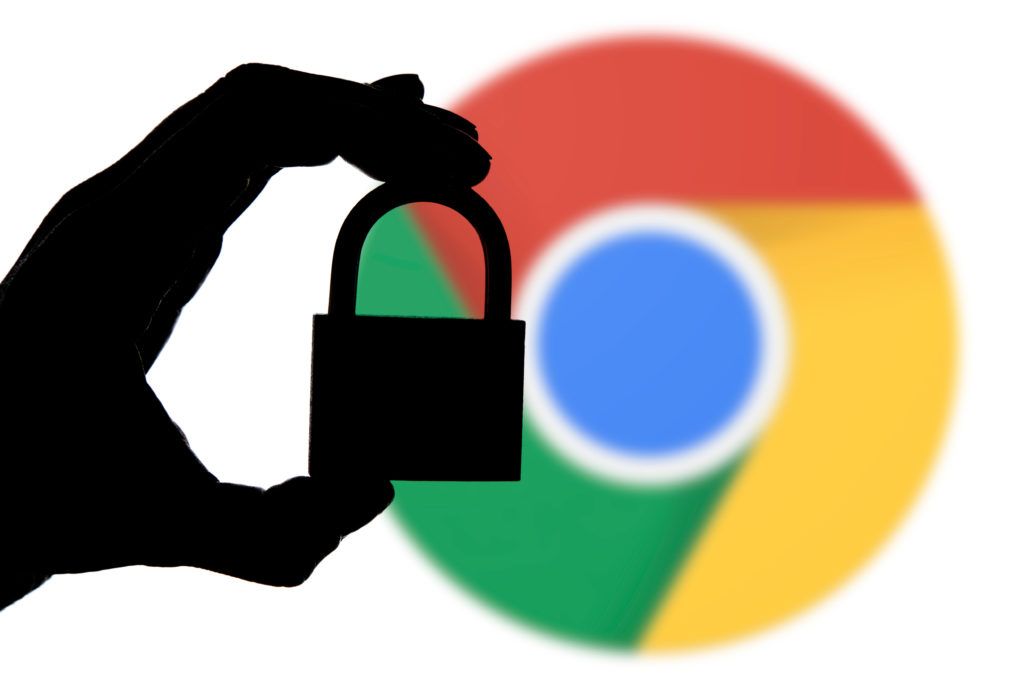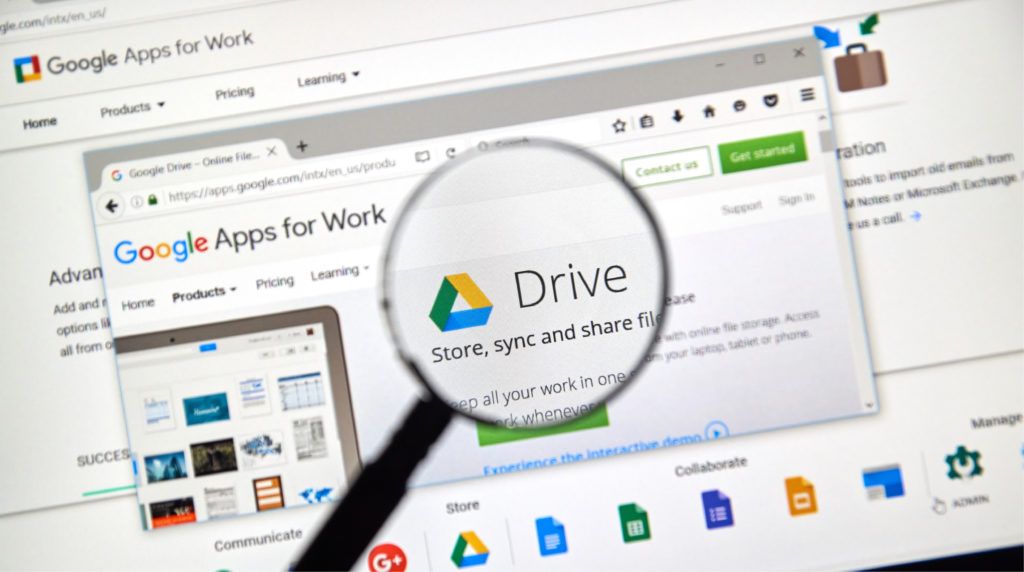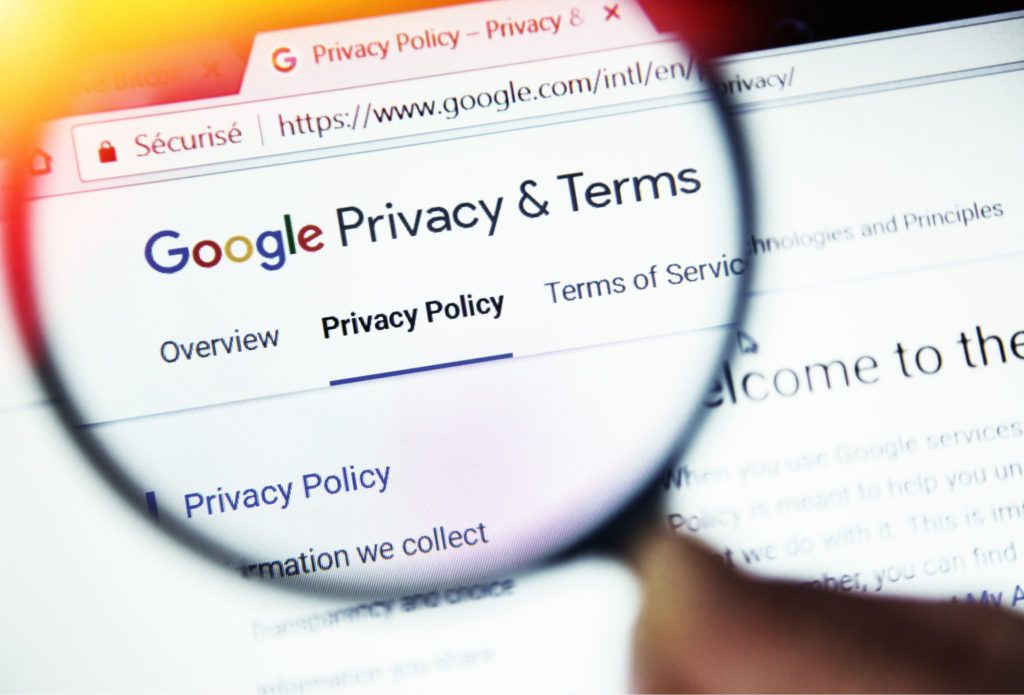Google announced that it will restrict access to data for third-party add-ons for its Chrome and Drive users.
The changes are a result of Project Strobe, a company-led audit which is studying how third-parties use the data they collect from users.
Through the course of Project Strobe, the tech giant found that most third-party add-ons have no privacy policy. According to a recent survey of developers, roughly 85 percent of all Chrome extensions don’t even have a privacy policy of any kind listed.

Chrome Extensions: Keeping User Data Requirements to a Minimum
Google will now be rolling out changes to tackle this. From now on, Chrome extension developers can only request the least amount of user data required for their app to function. Similarly, apps which are linked to Google Drive can no longer access a user’s entire drive. This is good news, of course — but our first question should be: why was this allowed in the first place? Also, why were these add-ons able to collect more data than they needed to begin with?
Google and Its Privacy Problems
Although not as controversial as Facebook, Google has had its fair share of criticisms on how it treats users’ privacy:- For example, it was recently discovered that the company tracks all your purchases via Gmail, even those not done through Google Pay.
- It was also recently reported that the company has been ‘accidentally’ storing some passwords as plaintext since 2005 — making them laughably-easy targets for hackers.

Trusting Big Tech: Why We Need Decentralized Models
In all, it seems that Google is trying to paint itself as privacy-friendly — but only when it does not hurt their own data-mining operations. Google, arguably, is one of the best examples of why we need decentralized models. We shouldn’t need to trust Big Tech to be safe with our data and maintain our privacy. They have little incentive to do so. Distributed ledger systems (i.e. blockchains) may take the power out of a centralized entity’s hands and allow no entity to void our privacy. Rather than trusting Google to respect our privacy, we instead need decentralized alternatives which remove the need for trust. Do you believe Google can be trusted? Let us know your thoughts below.
Top crypto platforms in the US
Disclaimer
In adherence to the Trust Project guidelines, BeInCrypto is committed to unbiased, transparent reporting. This news article aims to provide accurate, timely information. However, readers are advised to verify facts independently and consult with a professional before making any decisions based on this content. Please note that our Terms and Conditions, Privacy Policy, and Disclaimers have been updated.

Advertorial
Advertorial is the universal author name for all the sponsored content provided by BeInCrypto partners. Therefore, these articles, created by third parties for promotional purposes, may not align with BeInCrypto views or opinion. Although we make efforts to verify the credibility of featured projects, these pieces are intended for advertising and should not be regarded as financial advice. Readers are encouraged to conduct independent research (DYOR) and exercise caution. Decisions based on...
Advertorial is the universal author name for all the sponsored content provided by BeInCrypto partners. Therefore, these articles, created by third parties for promotional purposes, may not align with BeInCrypto views or opinion. Although we make efforts to verify the credibility of featured projects, these pieces are intended for advertising and should not be regarded as financial advice. Readers are encouraged to conduct independent research (DYOR) and exercise caution. Decisions based on...
READ FULL BIO
Sponsored
Sponsored
